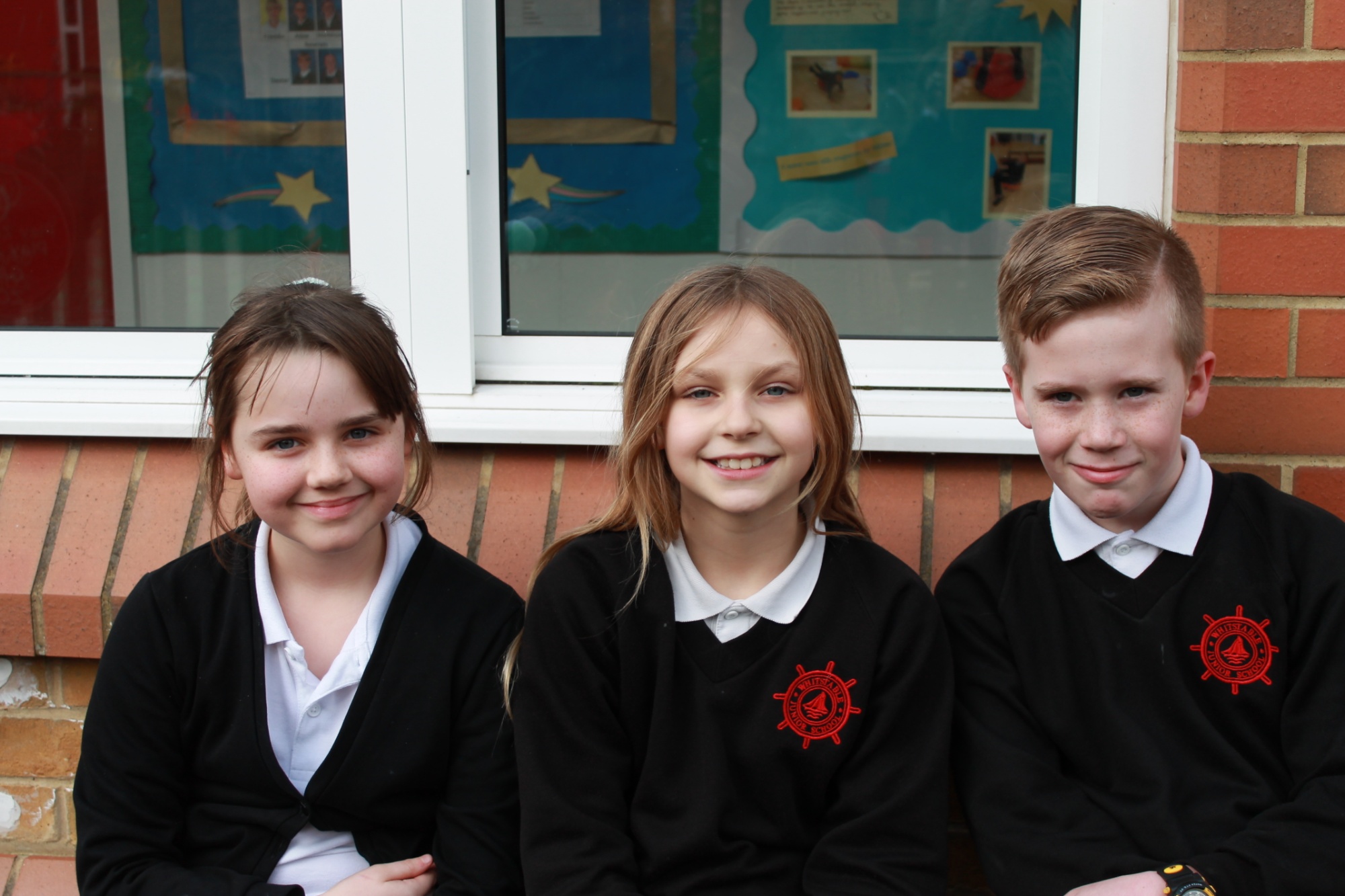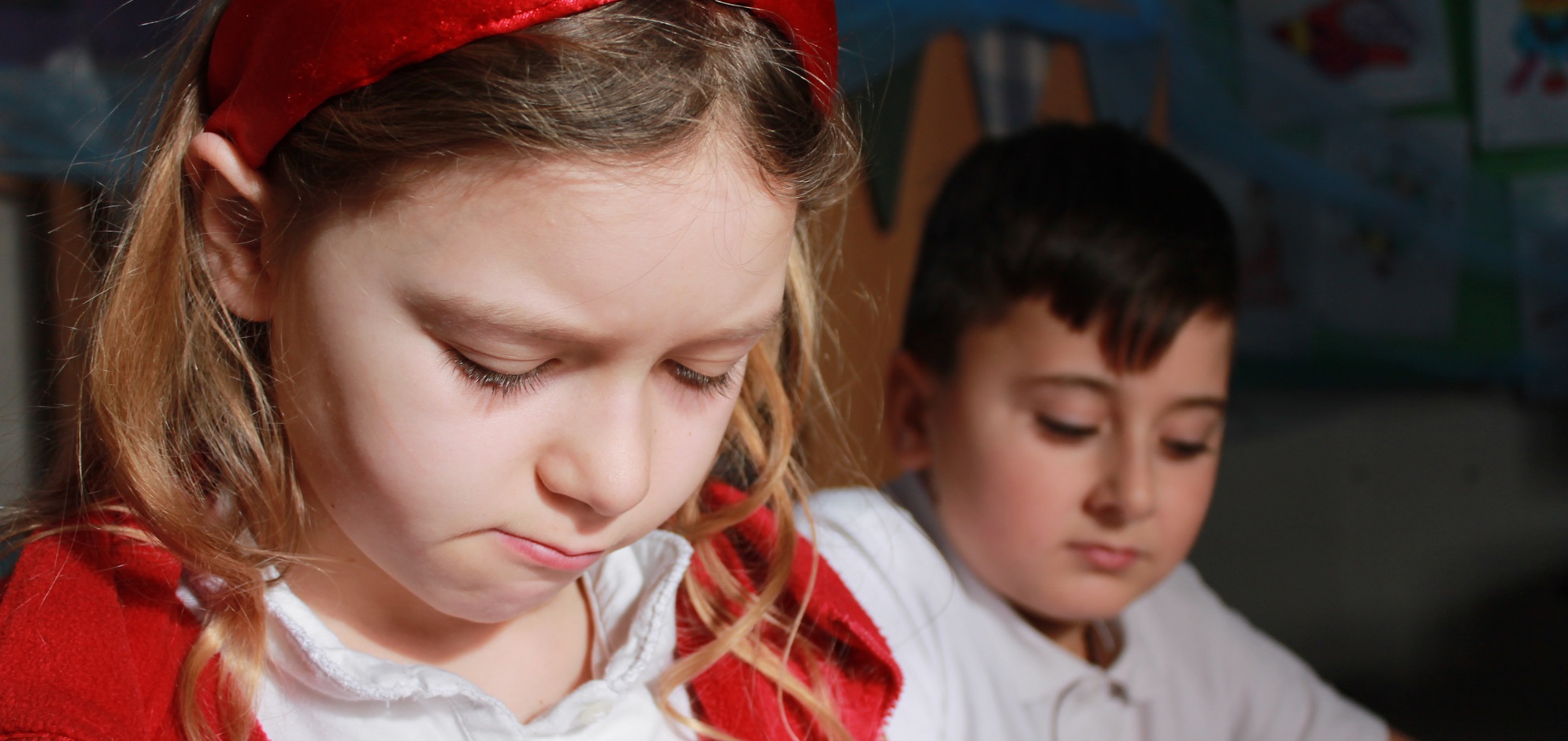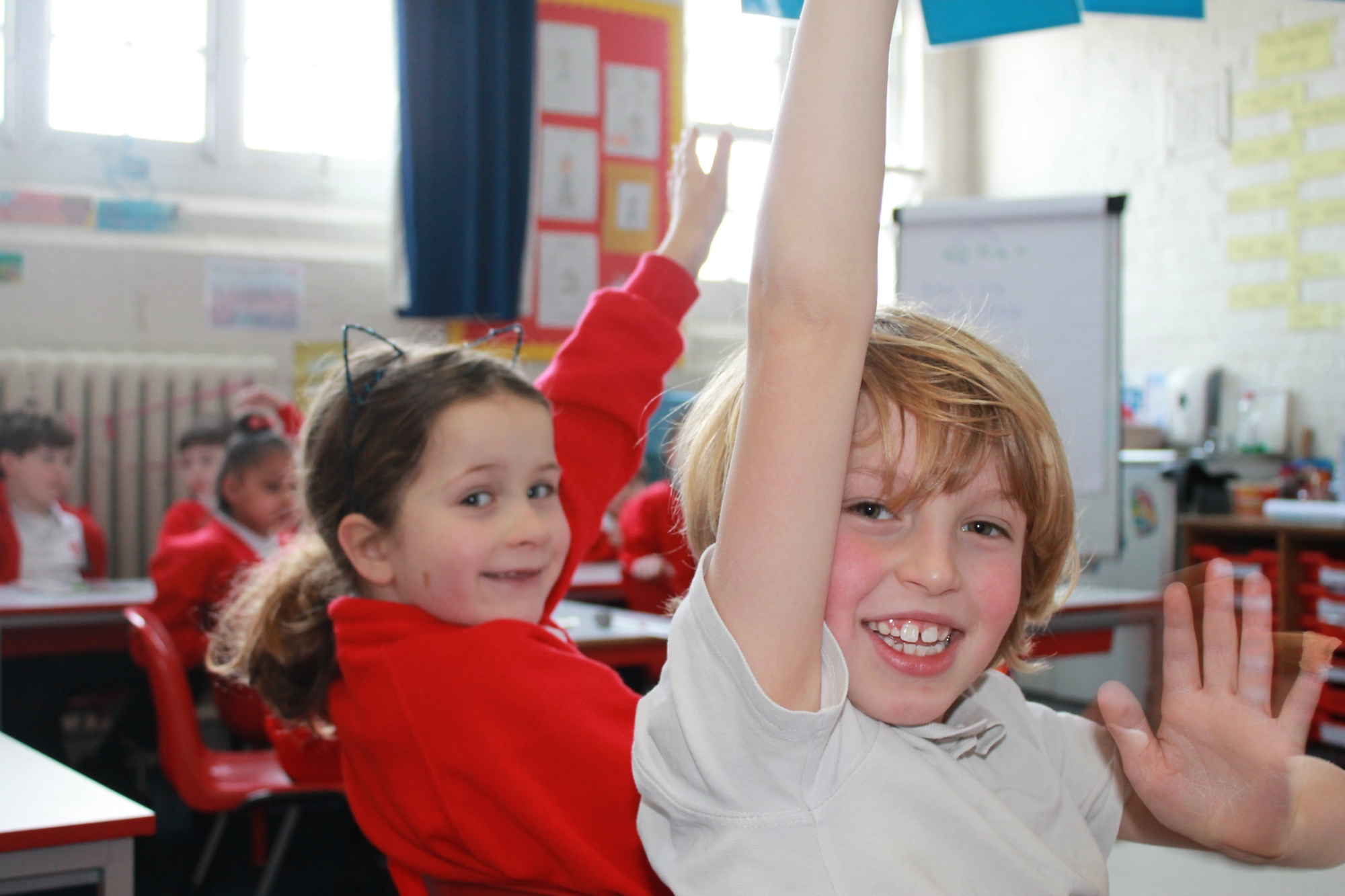Further Support information
At WJS we take every opportunity to make maths learning fun and about the real world.
We run events within school and take part in interschool activities with other local primary schools - some examples are given below.
Making Maths Fun!
Throughout the course of the children's time at WJS, they will have the amazing opportunity to attend special maths events held at a variety of different venues. An example of such is the problem-solving day some of our lucky Year 3s and 4s attended where they worked through an escape room using their fantastic maths.
AiM HIGH Events:
Our school runs and hosts Aim High events for us and other local schools to help children experience a range of problem-solving scenarios in different contexts. The activities cover areas such as algebra, volume, geometry and much more. Not only do the children have fun, talking, reasoning and justifying, but making new friends too!
Outdoor Learning:
Maths is not just for inside the classroom but has a really important place in the outside world and nature. Children have been taking their learning outside and practising a range of different types of maths from Shapes to Numbers, Fractions and Measurements in a range of different contexts and locations. They have used leaves and twigs for counting, telling the time and found multiplication questions and squared numbers in the trees.
Different types of questions
We really value the importance of talk for learning at Whitstable Junior School as a method of developing our children's fluency and understanding of maths. Just as in Literacy, if a child can explain and talk about their ideas they have a better understanding of what they are achieving, and the same applies in maths. We really encourage our children to talk about their learning - justifying and reasoning their ideas throughout the lesson and in their books.
Included below is a list of the types of questions that you might like to ask your child to help them talk about their learning and in doing so further embed their conceptual understanding.
NCETM Maths Dictionary:
Also attached below is a mathematical dictionary to support parents and carers should you come across a mathematical word that is new to you or that you just haven't quite used for a while!














